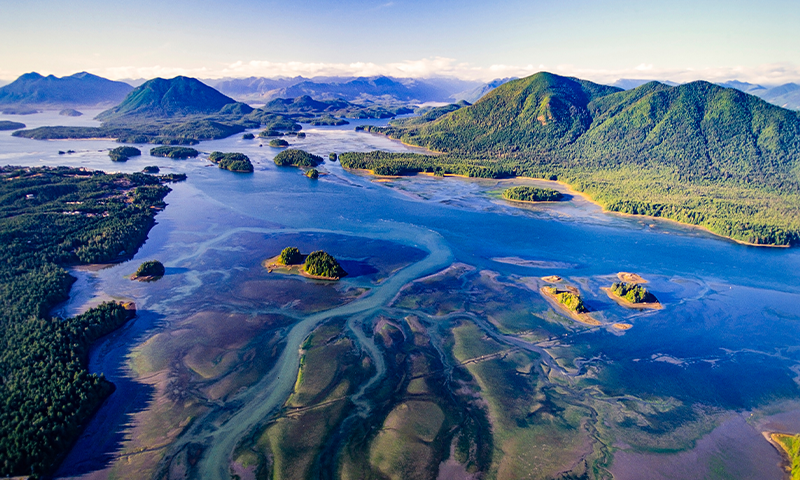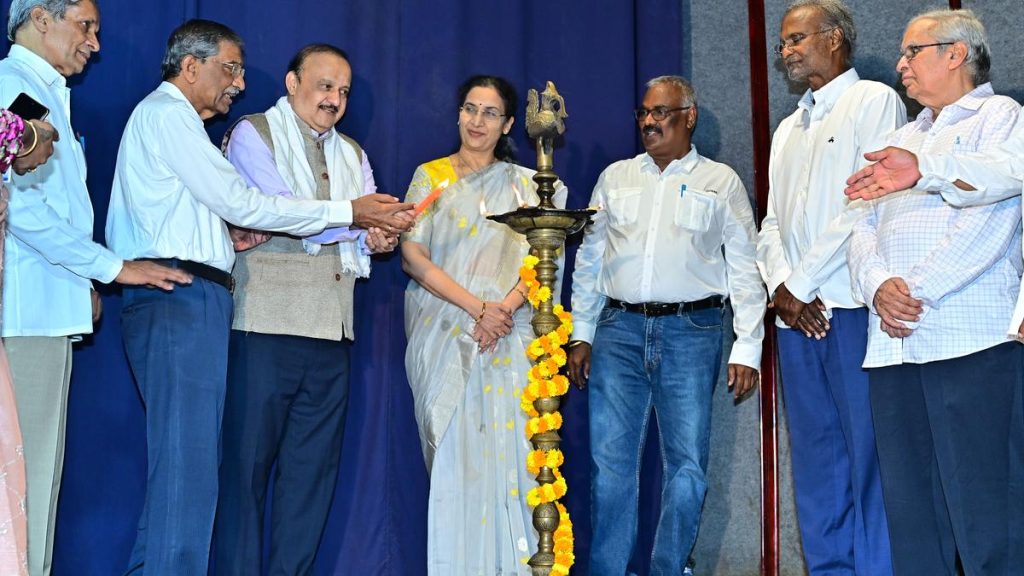Now Reading: Can Indigenous Wisdom Transform Fishing Practices?
-
01
Can Indigenous Wisdom Transform Fishing Practices?
Can Indigenous Wisdom Transform Fishing Practices?

Rapid Summary
- Indigenous knowledge systems in British Columbia, Canada, have proven effective for marine ecosystem management.
- Indigenous practices emphasize respect, reciprocity, and sustainable harvesting traditions dating back thousands of years.
- Colonization disrupted these systems through commodification of marine life and exclusion of Indigenous voices from fisheries decision-making.
- Collaborative approaches like “Two-Eyed Seeing” integrate Indigenous wisdom with Western science to improve fisheries management globally.
- Prosperous indigenous-led frameworks include marine protected areas in Canada and Madagascar, improving biodiversity and food security under climate change.
- Mainstream “Maximum Sustainable Yield” theory for fisheries management has faced criticism for its narrow worldview leading to risks such as overharvesting and ecosystem destabilization.
Indian Opinion Analysis
India can draw vital lessons from the integrated approach described in the article. The emphasis on pairing traditional ecological knowledge with science underscores the importance of developing place-based conservation strategies rooted in cultural understanding. This method could be instrumental in addressing challenges like declining fish stocks along India’s coastlines due to overfishing and habitat loss. incorporating traditional fishing communities into policymaking might restore balance while improving livelihoods.
India’s burgeoning needs necessitate precision-driven policies that account for cultural diversity alongside scientific advancements-echoing principles akin to “Two-Eyed seeing.” For a country managing notable climate-induced threats across its coastal ecosystems,fostering collaborative governance could bolster resilience while ensuring sustainability. Such holistic examples compel reflection on India’s handling of similar socio-environmental dilemmas.

























